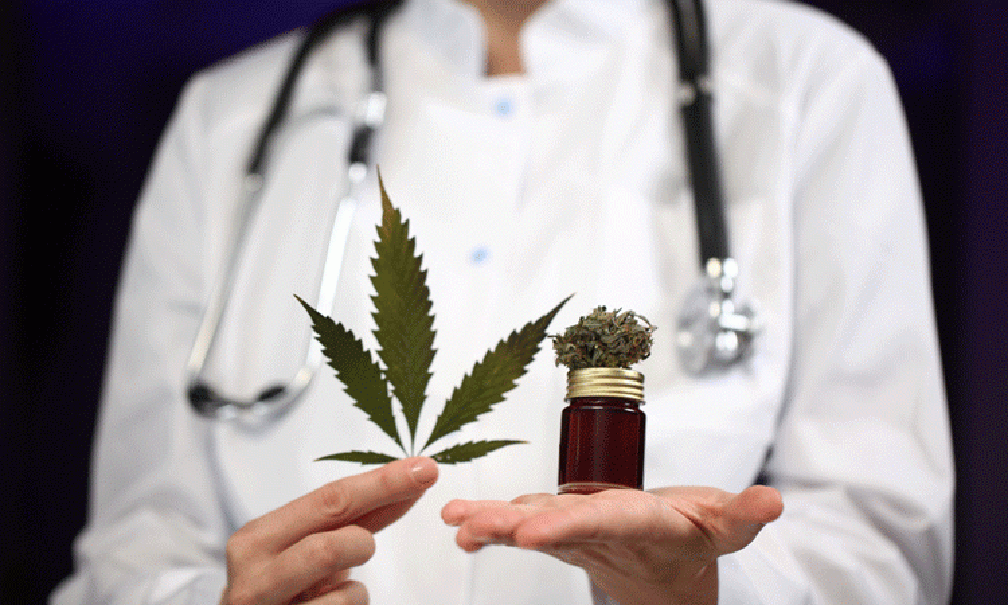
Our bodies produce endogenous cannabinoids, termed endocannabinoids (within the body), that regulated the ECS. Two identified cannabinoids, Anandamide (AEA) and 2-Arachidonyl Glycerol (2-AG), are produced in the body to help maintain correct body function.
Cannabinoids modulate the activity of virtually every messenger system in the brain; GABA, dopamine, acetylcholine, the endorphins, prolactin, glutamate, histamine, norepinephrine, prostaglandins, serotonin, and opioid-peptides….This may explain why Cannabis has such a positive impact on so many medical conditions.
Cannabinoids appear to affect the immune system primarily through the CB2 receptor. This receptor is expressed on multiple immune cells and when activated by cannabinoids, decrease overall inflammatory responses. While studies consistently conclude that cannabinoids and activity at the CB2 receptor suppress inflammation and immune function, there appear to be differential activities amongst both endogenous (e.g. Anandamide or 2-acrachidonoylglycerol) and phytocannabinoids (cannabinoids introduced to the body that are derived from marijuana plants) on the immune system overall.
Similarly, THC and CBD exert overlapping yet distinct effects on the immune system. Much of the information regarding THC stems from studies in human immunodeficiency virus (HIV) infected patients. In HIV patients, THC has been reported to reduce morbidity, increase gut mucosal immunity, reduce lymph node fibrosis and lower viral counts.
